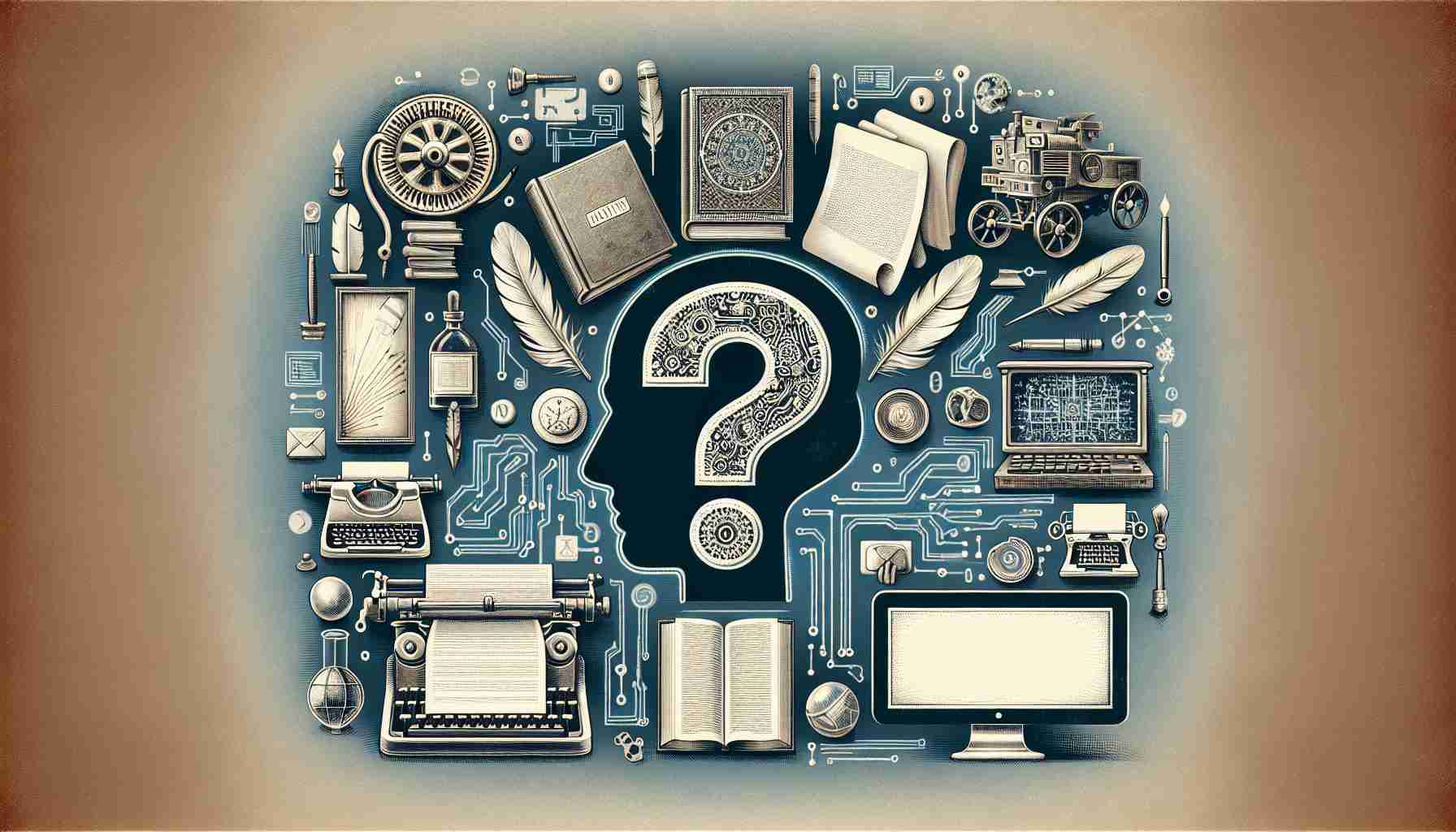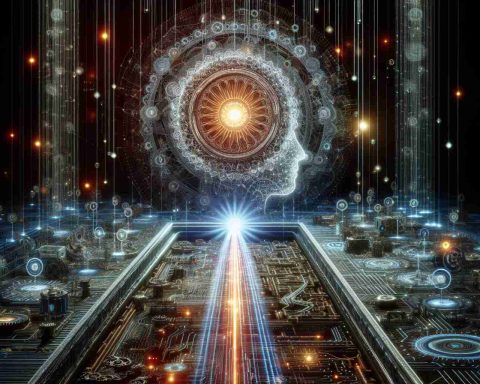The question of who “invented” artificial intelligence (AI) is a complex one, as AI’s origins trace back to a multitude of brilliant minds and pivotal moments. While no single person can be credited with inventing AI, certain individuals and milestones played a crucial role in laying its foundation.
The term “artificial intelligence” was first coined by John McCarthy in 1956 during the Dartmouth Conference, which is considered the birthplace of AI as a field. This conference was instrumental in establishing AI as a distinct area of research. McCarthy, a computer scientist, is often referred to as one of the “founding fathers” of AI. His ambitious vision to create machines capable of understanding and mimicking human intelligence sparked a new era of technological exploration.
Another key figure in the development of AI is Alan Turing, whose work laid the theoretical groundwork for machine intelligence. Turing’s seminal 1950 paper, “Computing Machinery and Intelligence,” introduced what is now known as the Turing Test—a means of assessing a machine’s ability to exhibit intelligent behavior indistinguishable from that of a human.
Moreover, figures like Marvin Minsky, Herbert Simon, and Allen Newell made substantial contributions through pioneering research in machine learning and cognitive simulation. These pioneers, along with many others, developed early AI programs that foreshadowed modern advancements.
In conclusion, AI’s invention is not credited to a single individual but rather to a collective of pioneering minds. From Turing’s theoretical insights to McCarthy’s visionary concepts, the journey of artificial intelligence is marked by the collaborative efforts of numerous innovators and continues to evolve to this day.
The Hidden Impact of Artificial Intelligence on Modern Society
Artificial Intelligence (AI): More Than Just a Technological Marvel
While the origins of artificial intelligence are rooted in groundbreaking research by visionaries like John McCarthy and Alan Turing, AI’s journey has profound implications for our modern world. This technological advancement transcends mere academic curiosity, reshaping how societies function and interact. But how exactly is AI affecting our daily lives and communities?
Unforeseen Benefits and Challenges
AI is profoundly influencing sectors such as healthcare, finance, and transportation. For instance, AI algorithms in healthcare diagnostics now outperform traditional methods, offering early detection and personalized treatment plans. In finance, AI-driven analytics provide robust fraud detection, safeguarding massive financial ecosystems.
Yet, this comes with controversies. As AI systems become more integrated, concerns around data privacy and surveillance surge. Communities fear “the black box” problem, where AI decisions lack transparency and accountability, prompting debates about ethics and oversight. Can we trust AI with our most confidential data?
AI’s Cultural and Economic Repercussions
AI’s implementation also affects job markets, sparking fears of mass unemployment. While AI automates routine tasks, it simultaneously ushers in new roles requiring advanced skills. This economic shift requires continuous learning and adaptation, urging educational systems to evolve rapidly.
Seeking Further Information
Curious about AI’s development and influence? Discover more from credible sources like IBM and Microsoft who are at the forefront of AI innovation and policy.
As AI continues to develop, staying informed about its trajectory and impact is crucial for individuals and nations alike, inviting questions about the ethical design of new technologies and equitable distribution of their benefits.











